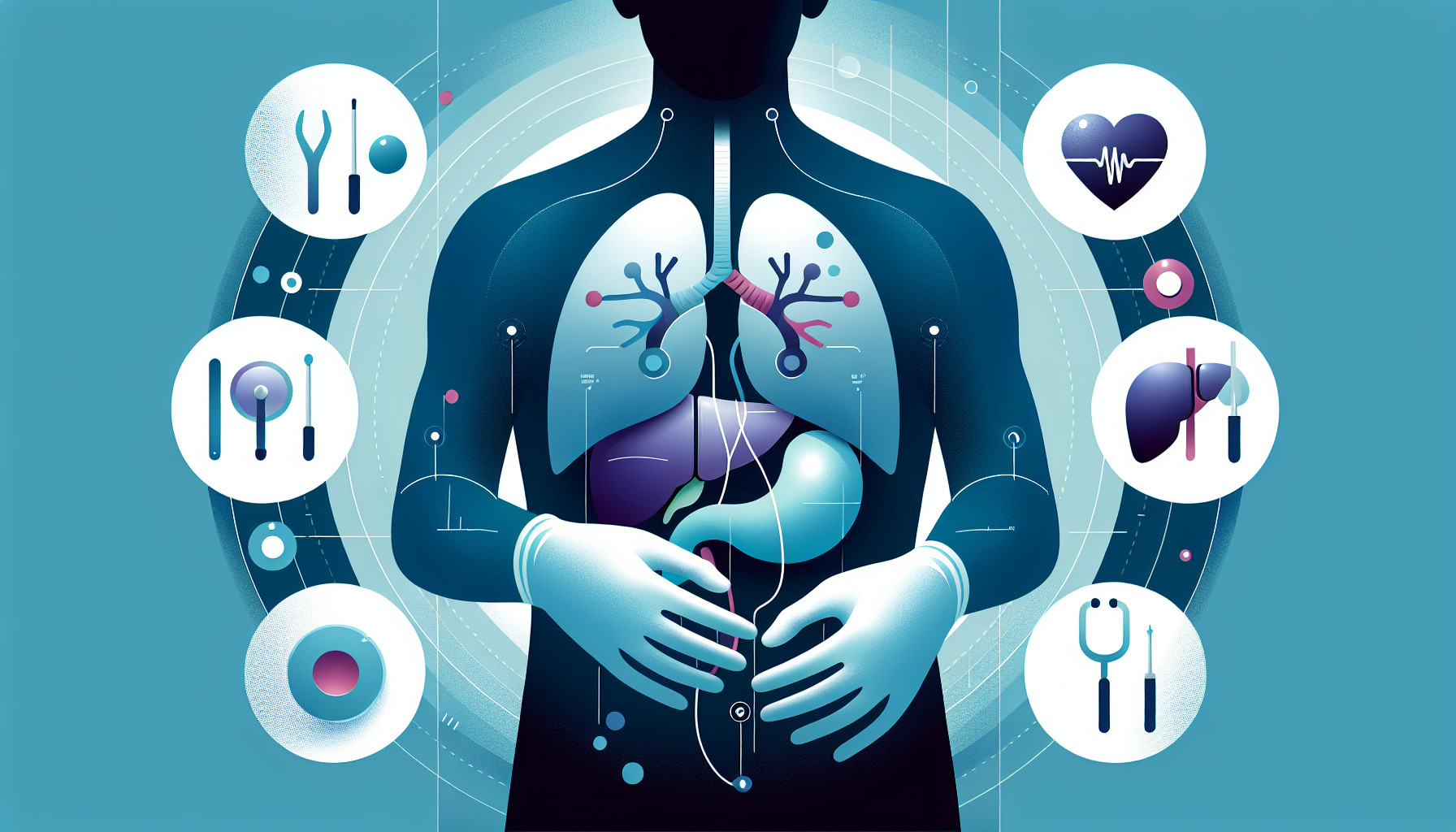Our Summary
There’s a severe shortage of organs available for transplant worldwide. This is particularly true in Asia, where cultural factors lead to very low rates of organ donation. Simply changing organ donation policies isn’t solving the problem. The most promising solution seems to be xenotransplantation, which involves transplanting organs from one species to another.
Originally, most research into xenotransplantation took place in the US and Europe, but now Asia is making significant strides in this field, largely due to the high demand for organ transplants. Countries like China, South Korea, and Japan are becoming increasingly influential in xenotransplantation research.
This paper discusses the science and ethical issues involved in xenotransplantation. It also explores how cultural beliefs and values in Asia influence public opinion towards organ donation and xenotransplantation.
FAQs
- Why is there a severe shortage of organs available for transplant worldwide, particularly in Asia?
- What is xenotransplantation and how is it seen as a promising solution to the organ shortage issue?
- How do cultural beliefs and values in Asia influence public opinion towards organ donation and xenotransplantation?
Doctor’s Tip
It’s important for patients considering organ transplant to understand the risks and benefits of xenotransplantation. It’s crucial to have open and honest discussions with your healthcare provider about the potential outcomes and any concerns you may have. Additionally, staying informed about the latest research and advancements in the field can help you make informed decisions about your healthcare. Remember, your health and well-being should always be the top priority.
Suitable For
Patients who are typically recommended for organ transplant are those with end-stage organ failure, such as heart, lung, liver, kidney, or pancreas failure. These patients have exhausted all other treatment options and are not expected to survive without a transplant. They must also meet certain medical criteria to be eligible for a transplant, including being in good overall health aside from the failing organ, having a strong support system for post-transplant care, and being able to adhere to a strict medication regimen.
Patients who are younger and otherwise healthy are often given priority for organ transplants, as they are more likely to have successful outcomes. However, transplant centers also take into account factors such as blood type, tissue compatibility, and the severity of the patient’s condition when determining who will receive an organ.
It is important to note that organ transplants are not without risks, including the potential for organ rejection, infection, and side effects from immunosuppressive medications. Patients must weigh these risks against the potential benefits of a transplant when considering whether to undergo the procedure.
Timeline
Before organ transplant:
- Patient is diagnosed with a severe organ failure and is deemed a suitable candidate for transplant.
- Patient is placed on a waiting list for a donor organ, which can take months or even years.
- Patient undergoes extensive medical evaluations and tests to ensure they are healthy enough for surgery.
- Once a donor organ becomes available, patient undergoes the transplant surgery.
After organ transplant:
- Patient is closely monitored in the hospital for any signs of rejection or complications.
- Patient is prescribed immunosuppressant medications to prevent rejection of the new organ.
- Patient undergoes regular follow-up appointments and tests to monitor the success of the transplant.
- Patient must make lifestyle changes, such as maintaining a healthy diet and avoiding certain activities that could harm the new organ.
- Patient may experience emotional and psychological challenges as they adjust to life with a transplanted organ.
- Patient may need to seek support from healthcare professionals or support groups to cope with the physical and emotional challenges of post-transplant life.
What to Ask Your Doctor
- What are the risks and benefits of xenotransplantation compared to traditional organ transplantation?
- How does the process of obtaining and transplanting organs from animals differ from human-to-human organ transplantation?
- What are the success rates of xenotransplantation compared to traditional organ transplantation?
- What ethical considerations should be taken into account when considering xenotransplantation?
- How do cultural beliefs and values in Asia impact the acceptance of xenotransplantation?
- Are there any specific regulations or guidelines in place for xenotransplantation in Asia?
- What is the current status of xenotransplantation research in Asia compared to other regions?
- How can patients contribute to increasing organ donation rates in their community or country?
- Are there any alternative treatments or therapies that can be explored before considering xenotransplantation?
- What resources or support services are available for patients undergoing xenotransplantation in Asia?
Reference
Authors: Girani L, Xie X, Lei T, Wei L, Wang Y, Deng S. Journal: Xenotransplantation. 2019 Jan;26(1):e12493. doi: 10.1111/xen.12493. Epub 2019 Feb 2. PMID: 30710388
